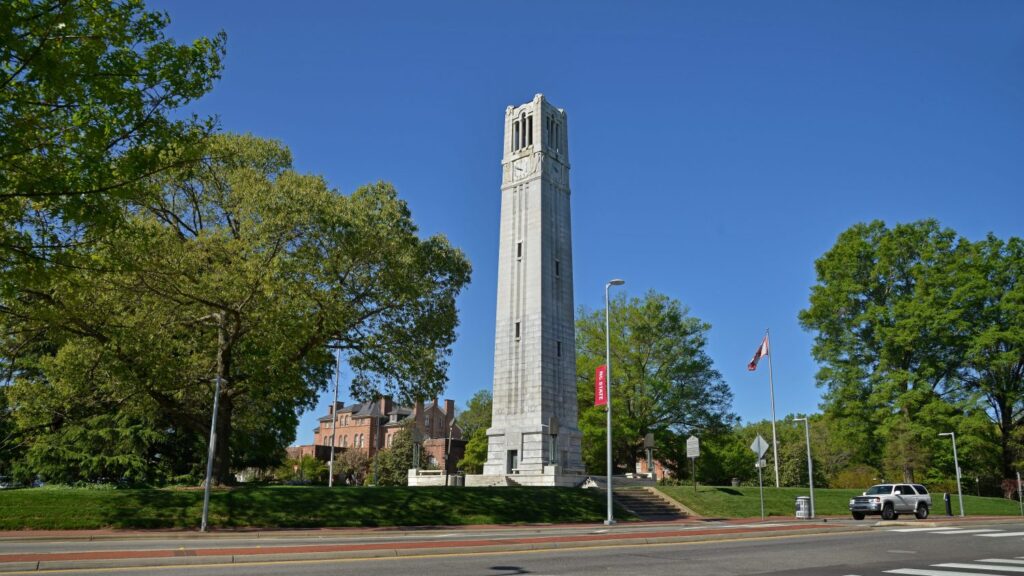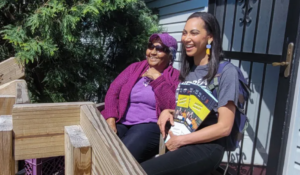Colleges learning costly woke math in the Courtroom School of Hard Knocks

As they reel from revenue losses connected to the pandemic, many colleges and universities are racking up other costs: millions of dollars in legal fees and settlements for allegedly violating the rights of students, professors, and applicants on free speech, admissions, and other matters as the schools pursue social justice causes.
Harvard University’s legal costs fighting a 2017 challenge to its racial admissions practices surpass $25 million, the cap of its primary insurer. Harvard is now suing a secondary legal insurer, the Zurich American Insurance Company, over its refusal to pick up the tab going forward.
The University of North Carolina at Chapel Hill had spent more than $16.8 million by the end of 2018, and its costs have only grown as it, like Harvard, continues defending admissions policies allegedly favoring Blacks and Hispanics over whites and Asians.
Challenges to alleged free-speech violations, which have plagued universities for decades, continue to grow. The University of California San Diego in 2019 paid nearly $1 million after a four-year court fight over its move to defund student media because of a school newspaper piece satirizing “safe spaces.”
Cases of male students and others challenging sexual misconduct and harassment charges cost colleges an average of $187,000 each to defend, said Ed Bartlett, president of Stop Abusive and Violent Environments (SAVE), a group that advocates due process for those accused under Title IX, the federal law barring sex discrimination. In cases where the schools lose, he said, the average settlement imposed is $750,000, bringing the annual cost to $41 million for universities.
Bartlett and others say courtroom challenges over First Amendment rights, alleged Title IX violations, admissions standards, and perceived social miscues reflect an aggressive effort by schools to enforce disputed social justice policies and the growing influence of administrators who carry them out.
The pandemic increased the numbers of First Amendment cases and complaints, adding to the legal cost burden placed on colleges, says Adam Steinbaugh of the Foundation for Individual Rights in Education (FIRE), a group that represents faculty and students in First Amendment cases against universities. College shutdowns afforded people more time to dig into other people’s backgrounds through social media, finding old posts that gave them a reason to complain to administrators. But even before the virus, schools caved in the face of hot-button cases in which some party or other allegedly felt threatened.
“Calling this to the attention of administrators, who are risk averse, means finding a way to punish this, and that’s usually through censorship,” Steinbaugh said.
The University of California’s Berkley campus in 2018 settled a lawsuit with a conservative student group that battled tougher rules and “security fees” levied on right-leaning speakers on campus. As part of the settlement, the university paid $70,000 to cover the plaintiff’s legal fees, in addition to its own legal costs.
Cal Poly’s Pomona campus paid $35,000 in legal fees to a plaintiff and its own legal costs before agreeing to beef up its weak free speech policies in 2015. The lawsuit was filed after two administrators refused to consider a complaint from a student who wanted to hand out flyers promoting veganism.
Iowa State University paid nearly $1 million over four years as it fought a free speech case, ending in 2018 when a judge ordered the school to pay $600,000 in damages to two plaintiffs (part of the $1 million). The plaintiffs had used the school’s logo on a shirt advocating marijuana law reform.
In some cases, administrators acknowledge that they understand the Constitution yet insist that college speech codes take precedence. At the University of Iowa, Business Leaders in Christ, a Christian group, was denied access to on-campus facilities because in its mission statement it defined marriage as between a man and a woman. In a deposition, Bill Nelson, an associate dean at the university, acknowledged that suppressing such speech would violate the First Amendment – but allowing the speech violated the school’s human rights policy, he said. Business Leaders in Christ prevailed in the case.
Schools have imposed hiring freezes, budget cuts, and layoffs, while pleading for more state and federal funding, even as they spend money fighting often-preventable lawsuits.
In February, leaders from Iowa’s public universities lobbied for more money from the state legislature, insisting state funding cuts along with the pandemic have left the schools in a financial pinch. In California, “Our campuses face soaring costs and mounting revenue losses associated with the pandemic, putting our students’ well-being and success at significant risk,” former California State University Chancellor Timothy White told a U.S. House education subcommittee last year.
Universities have been calling in consultants who advise administrators on how to handle Title IX situations and other challenges to policies. And yet, “there is a free speech policy that applies to universities already,” says Eric Baxter, senior counsel for the Becket Fund for Religious Liberty, a law firm that has won several cases against universities.
“It’s called the First Amendment.”
This article was originally posted on Colleges learning costly woke math in the Courtroom School of Hard Knocks





